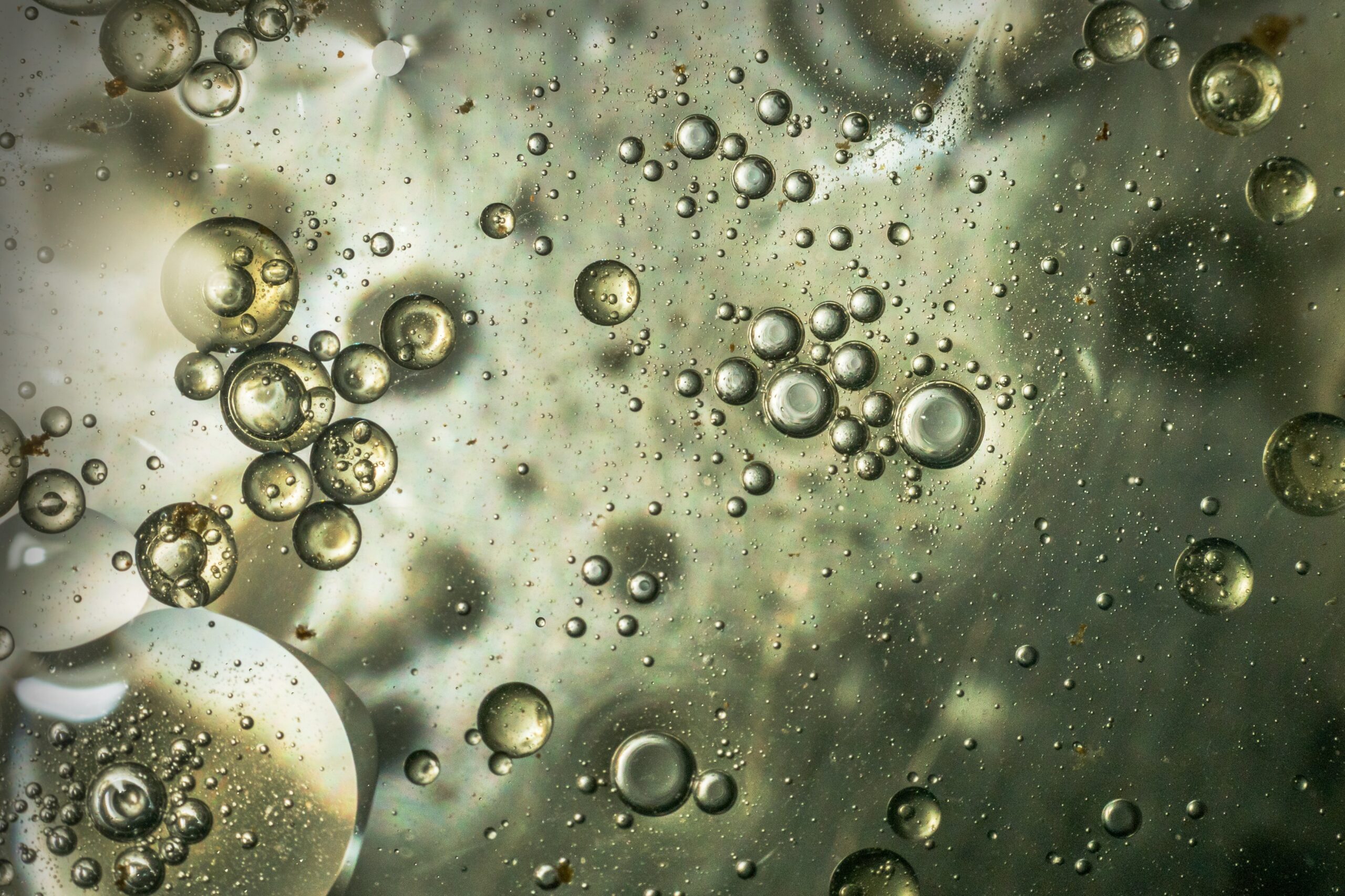- Client: Dutch Ministry of Finance (FIN)
- Implementation period: August, 2022 - October, 2022 (Completed)
- Geographic coverage: European Union
- Theme: Climate Change
- Topic: Carbon Pricing, Climate Agreements and Policies
- Experts: Long Lam, Tatiana Cuervo Blanco, Nora Cheikh
Annually, at least 9 MtCO2 of embedded emissions in chemical and plastic products are imported into the Netherlands from outside the EU every year. On 22 June 2022, the European Parliament adopted amendments to the Commission’s proposal for the Carbon Border Adjustment Mechanism (CBAM) to include organic chemicals, hydrogen, ammonia and plastics. In addition, on 12 April 2022, a motion from Thijssen and Kröger was adopted in the Dutch parliament that requests the government to investigate the consequences of the inclusion of the chemical sector under CBAM. Against these backgrounds, the Dutch Ministry of Finance asked Trinomics to provide an overview of the key issues to consider for the inclusion of the chemical sector in CBAM for the Netherlands.
The study found that upstream basic chemicals (steam cracking products and hydrogen) can be considered the most relevant group of chemicals for inclusion in CBAM and would likely see an overall reduction of direct carbon leakage risks. However, this comes with high circumvention risks and increases indirect carbon leakage risks for downstream products. Expanding the scope to midstream organic chemicals (including polymers) would reduce some circumvention risks but introduce new ones related to their downstream products. Extending the scope further downstream would further limit circumvention risk, but does add more challenges to the practical feasibility with regards to determining embedded emissions. The study recommended that instead of including an entire group of organic chemicals, polymers or plastics, an alternative is to include specific chemical value chains where the positive impact of CBAM to reduce carbon leakage risks is optimized. More chemical value chains could be added in the future, especially since the carbon leakage risks in the status quo are already increasing as free allowances under the EU ETS are being phased out.
The report is available in full on the website of the Dutch government: cbam inclusion chemicals eindrapport
